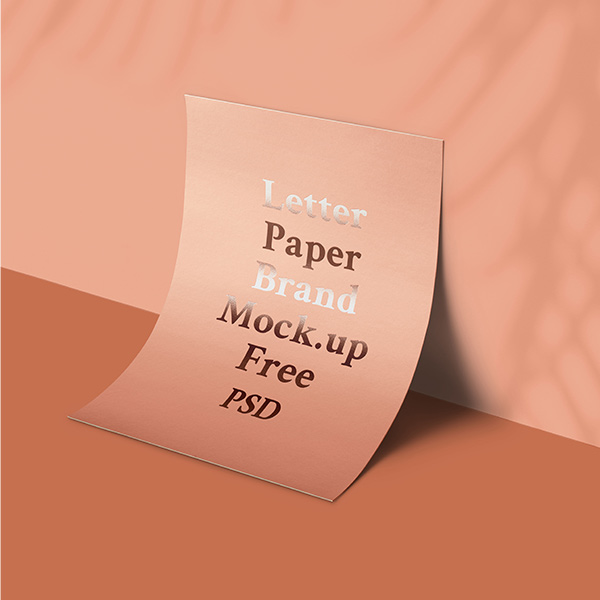
And today’s branding guru is…
Don’t you love LinkedIn? An eclectic, intelligent online community sharing ideas, providing invaluable support and an accessible resource of thoughtful commentary and direction on new advances and business best practice.
It’s just great isn’t it?
Except when it’s not.
Here’s what’s sticking in our LinkedIn craw at the moment. We’re noticing a lot of people lately are straying into our lane. And they’re people who probably shouldn’t be there. There are now so many people with ‘unique insights’ on branding we’re starting to feel like the word ‘unique’ needs a rebrand.
Don’t get us wrong – we don’t want to come across as curmudgeonly design divas here. You can chuck in an opinion for sure. The more the merrier in fact. Nothing moves forward in a silo. Progress only happens through diverse viewpoints. Throw those ideas in, question, critique, have your say, get stuck in.
But offering up tired, often hackneyed, rehashes of old ideas passed off as if the writer has discovered branding fire is not really helping anyone. It’s just content for content’s sake. And it does not make one an expert.
The echo chamber of repurposed insights is getting really loud now. And the regurgitated content is making less and less sense.
But people seem to buy it. Here’s one we saw earlier.
“This is amazing Clive, so insightful, we’ll certainly be integrating this into our business strategy from now on.”
Wow, really? You would do that? 300 words and royalty free image of two creepy blokes in suits shaking hands is all it took for you to implement something that significant!?
Or maybe the commenter is just playing the same game as the original poster. Maybe they are just adding their 2 cents ‘to be seen’, bowing down to the demands of the ‘algo’, ‘being active’ like we’re told to. It’s pretty much as disingenuous as Clive’s unimaginative actions in the first place. (By the way his name’s not Clive – we changed it to protect his identity. His real name’s David.)
Our point is not to take the interaction out of LI or the ability to share amazingly useful insights that you feel your connections will find useful and helpful. This is about the damage ill-informed content repackaged as expert direction can do.
We all know those people that are walking self improvement quotes – the new wave of ‘experts’ are just like that. They completely misunderstand the value of real expertise – they’re just passing the latest business catch phrase down the line – with supreme confidence of course.
They aren’t interested in actually making anyone’s life or business better – it’s all about building their own profile as some kind of ‘thought leader’. The truth is most thought leaders are invariably thought repeaters. And we think they need to invent a new circle of hell for them.
But what about the genuine experts? As LinkedIn slowly turns into the tailored suited version of Facebook how do you locate them (and believe them) in amongst all the flotsam and jetsam. How can you tell who are the authorities worth listening to for advice on the future navigation of your brand (and therefore your entire business). There are a few things you can do.
Check out their profile.
Sounds a bit obvious but we all know that people are more inclined to be positive and allow themselves to be blown away by a ‘fact’ than check out the credibility of the person throwing it out there. Covid taught us that.
Look for consistency in their other posts. Do they talk about this subject alot or is it branding on Monday, recruitment on Tuesday and carpet-fitting on Wednesday?
Check out their work.
If they’re a brand expert they sure as hell should have stuff you can look at to prove it. And while it’s easy to be blown away by portfolio mockups, it’s a lot trickier to fake a rationale behind the work. Importantly, check out the problem they were tasked with solving and the approach they took to solve it.
Ask them a question.
Slide into their LinkedIn messages. Either ask something about what they wrote or how the topic affects you in your business. If they’re a genuine expert they will be only too happy to answer a query on a subject that’s supposed to be close to their heart.
“But won’t they then just pester me to buy their services?” Yes I can already feel you thinking that.
Sure they might. But, if they are a true expert in their field they will probably be a) quite busy, so not out chasing every lead and/or b) too concerned about how the concept of a dead-behind-the-eyes aggressive sales pitch will alter your perception of them.
The really good news is that if they are the genuine article then whatever they wrote in their LinkedIn article could well be something you should start to think about adopting. With a degree of reassurance.
We would just ask one thing of you.
Once the real expert has imparted their wisdom please don’t then repackage it and post it as your ‘unique brand insights’. There’s enough people doing that already.










Leave a Reply